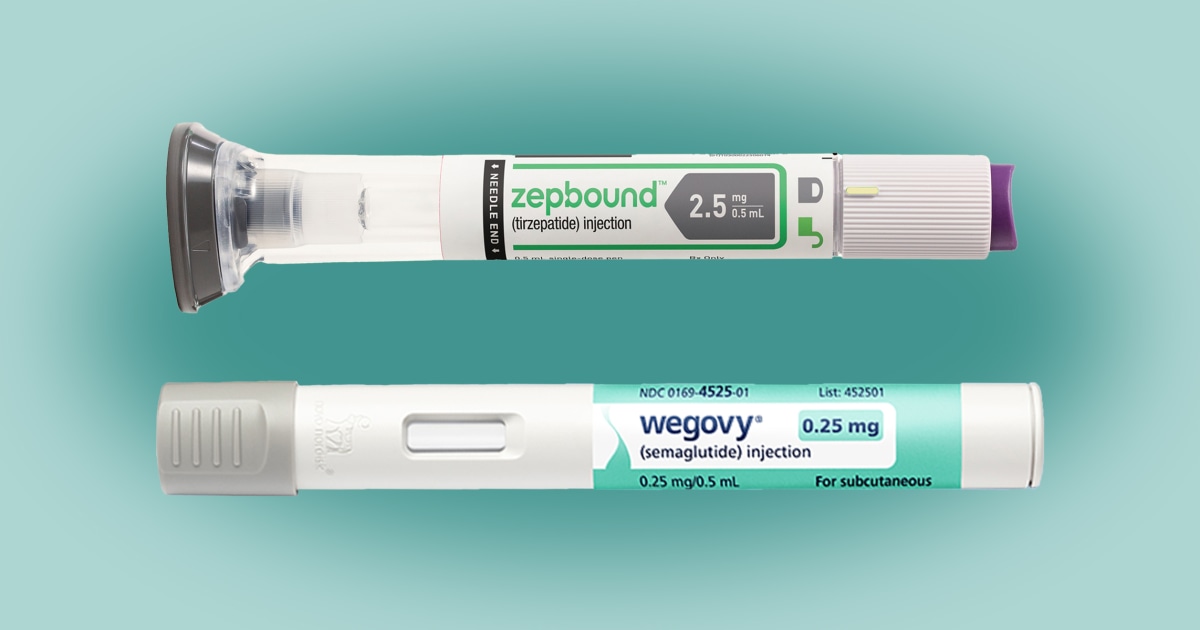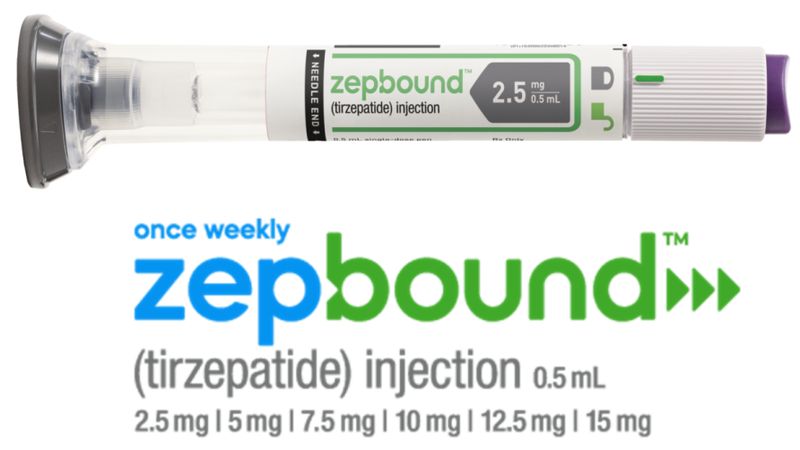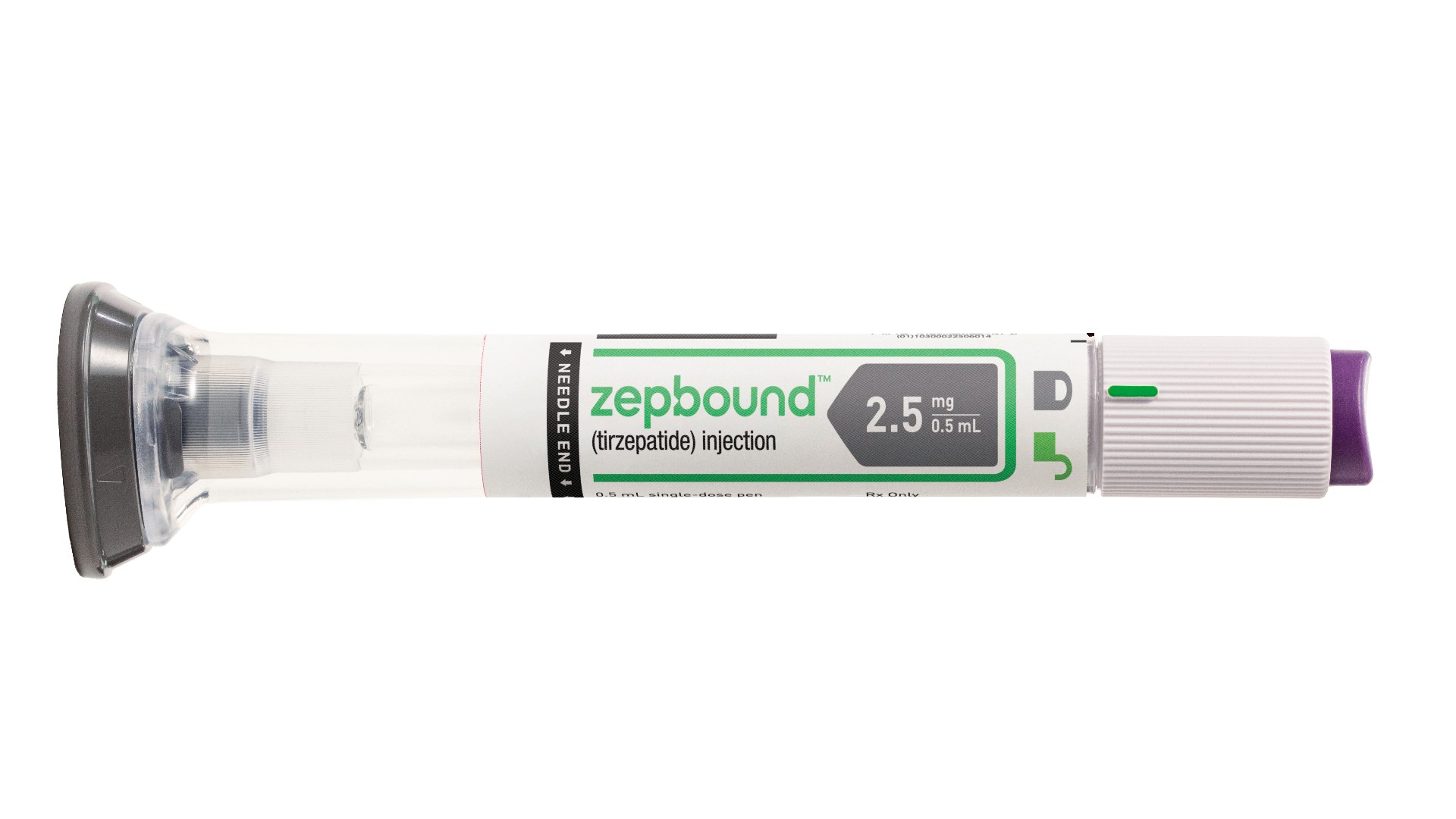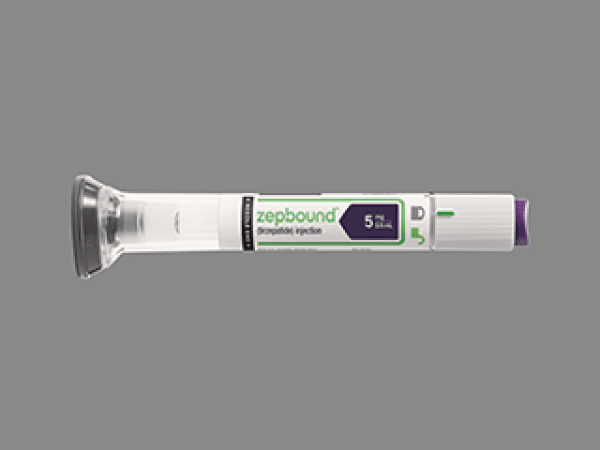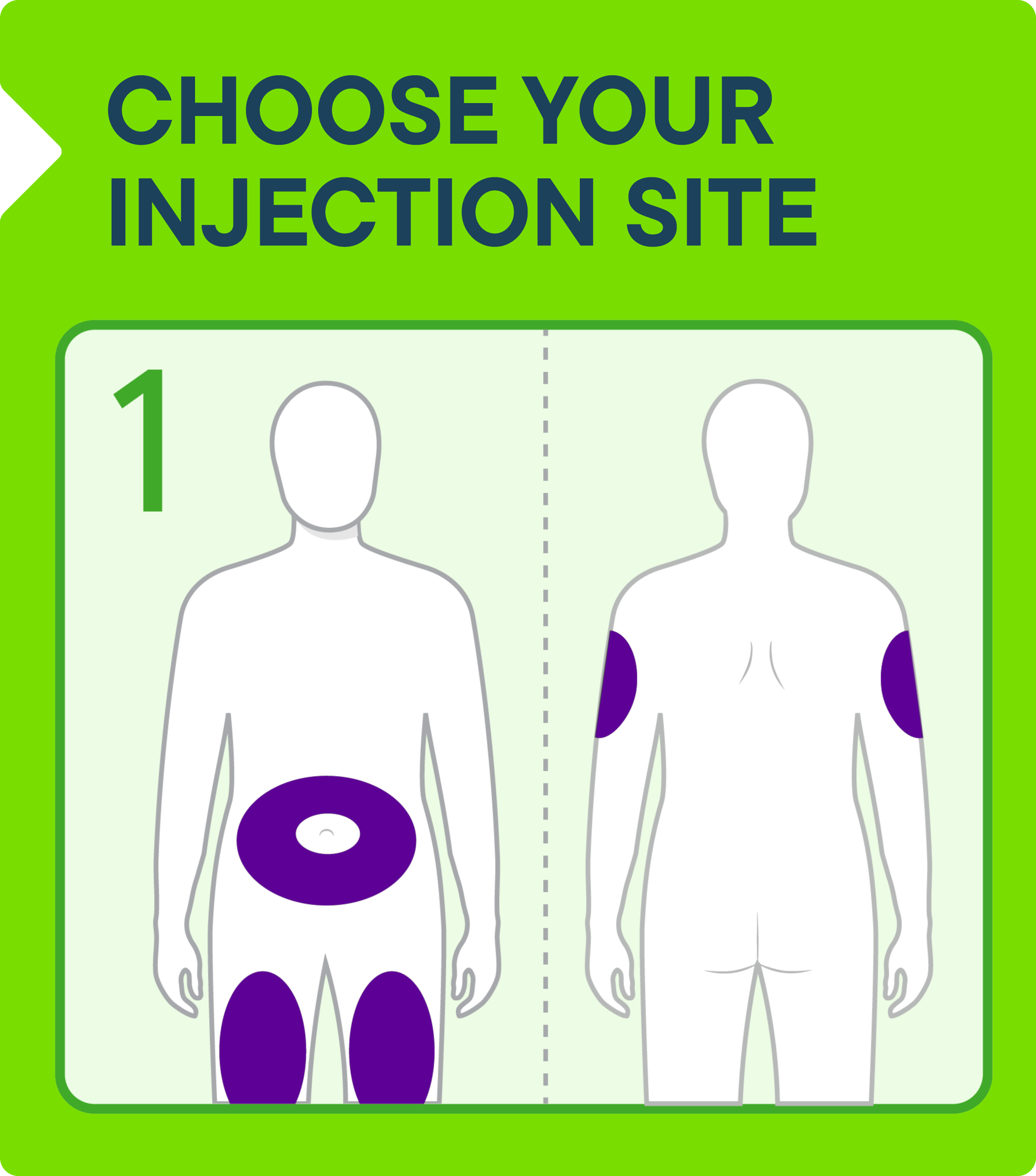How Soon Do You Feel The Effects Of Zepbound
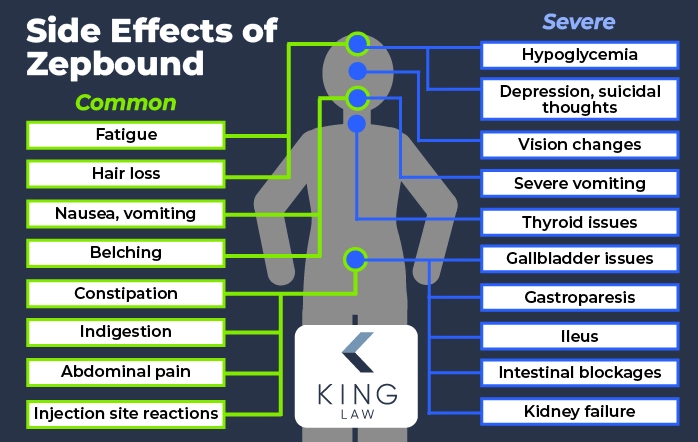
Zepbound, the new weight loss drug, is generating buzz for its rapid effects, with some individuals reporting changes within the first few weeks of treatment. Initial weight loss experiences vary, but early indicators are offering hope for those seeking significant metabolic improvements.
This article cuts through the noise to deliver a concise overview of when and how Zepbound starts working, drawing upon clinical trial data and user experiences to provide a realistic timeline for expected results. The information provided aims to equip readers with a practical understanding of the drug's efficacy and potential impact.
Early Indicators: Week 1-4
While not universal, some individuals taking Zepbound (tirzepatide) may notice appetite suppression and subtle changes in their eating habits as early as the first week. This is largely attributed to the drug's mechanism of action, which mimics incretin hormones to regulate blood sugar and reduce hunger cravings.
Clinical trials, published in the New England Journal of Medicine, showed that significant weight reduction typically begins to manifest more clearly within the first month. It’s important to emphasize individual responses can vary, but early signs of metabolic shifts are often present.
For others, the effects might be more gradual, building momentum over the initial weeks. Consistency with the prescribed dosage and lifestyle adjustments, such as dietary changes and increased physical activity, are crucial for optimizing early results.
The Acceleration Phase: Month 2-3
By the second and third months, the effects of Zepbound often become more pronounced. Patients typically experience a more consistent reduction in appetite, leading to lower calorie intake and noticeable weight loss.
Data from the SURMOUNT trials highlighted a consistent pattern of weight reduction across the study participants during this phase. The results indicate a significant trend towards improved metabolic parameters, including reduced blood pressure and improved cholesterol levels.
Regular monitoring by a healthcare provider is vital to assess progress and adjust the dosage of Zepbound as needed. This ensures that patients are experiencing optimal results while minimizing potential side effects.
Sustained Progress: Month 4 and Beyond
The long-term efficacy of Zepbound is demonstrated by the ongoing weight loss observed beyond the fourth month. Clinical trials showed that participants maintained significant weight reduction over a period of 72 weeks.
The sustained effects are linked to the drug's ability to promote long-term changes in eating habits and metabolic function. Combining Zepbound with lifestyle modifications is crucial for achieving and maintaining long-term success.
However, it's essential to acknowledge that weight regain can occur if the medication is discontinued or if lifestyle adjustments are not sustained. Continued engagement with a healthcare provider and adherence to a comprehensive weight management plan are key for long-term success.
Important Considerations & Caveats
It's crucial to emphasize that Zepbound is not a magic bullet. Its efficacy is greatly enhanced by incorporating healthy eating habits and regular physical activity into one's daily routine.
Potential side effects, though generally mild, should be carefully considered and discussed with a healthcare professional. Common side effects include nausea, diarrhea, and constipation, which often subside over time.
Zepbound is not suitable for everyone, particularly those with certain medical conditions or a history of specific allergies. Thorough medical evaluation is essential prior to starting treatment.
Who Benefits Most?
Individuals with obesity or overweight, coupled with weight-related health conditions like type 2 diabetes, high blood pressure, or high cholesterol, are often considered good candidates for Zepbound. The drug's ability to target both weight loss and metabolic improvement makes it a promising option for this population.
However, a comprehensive assessment by a healthcare provider is essential to determine individual suitability. Factors such as medical history, current medications, and overall health status should all be taken into account.
Patients should also have realistic expectations and be prepared to commit to the lifestyle changes necessary to optimize the drug's effects. Zepbound is most effective when integrated into a holistic weight management plan.
Next Steps and Ongoing Developments
If you are considering Zepbound, the first step is to consult with a qualified healthcare provider. They can evaluate your individual needs and determine if the drug is a suitable option for you.
Ongoing research continues to explore the long-term effects of Zepbound and its potential benefits in other areas of metabolic health. Future studies may shed light on new applications and optimize treatment strategies.
Stay informed by following reputable medical sources and engaging in open communication with your healthcare team. A proactive approach to your health is essential for making informed decisions about weight management and overall well-being.




